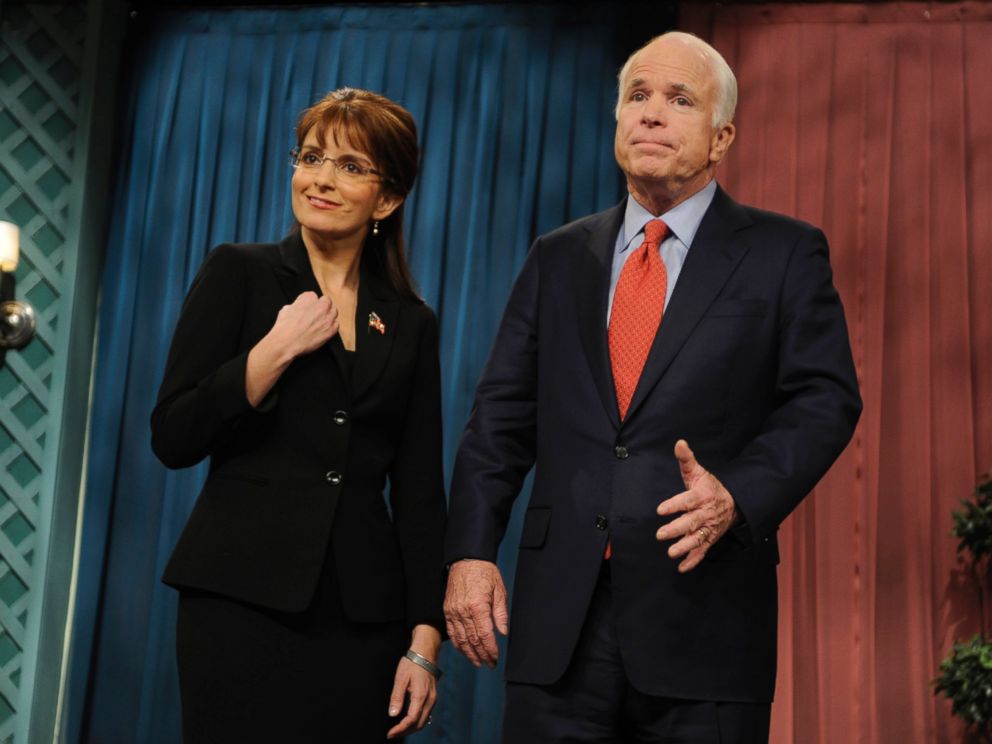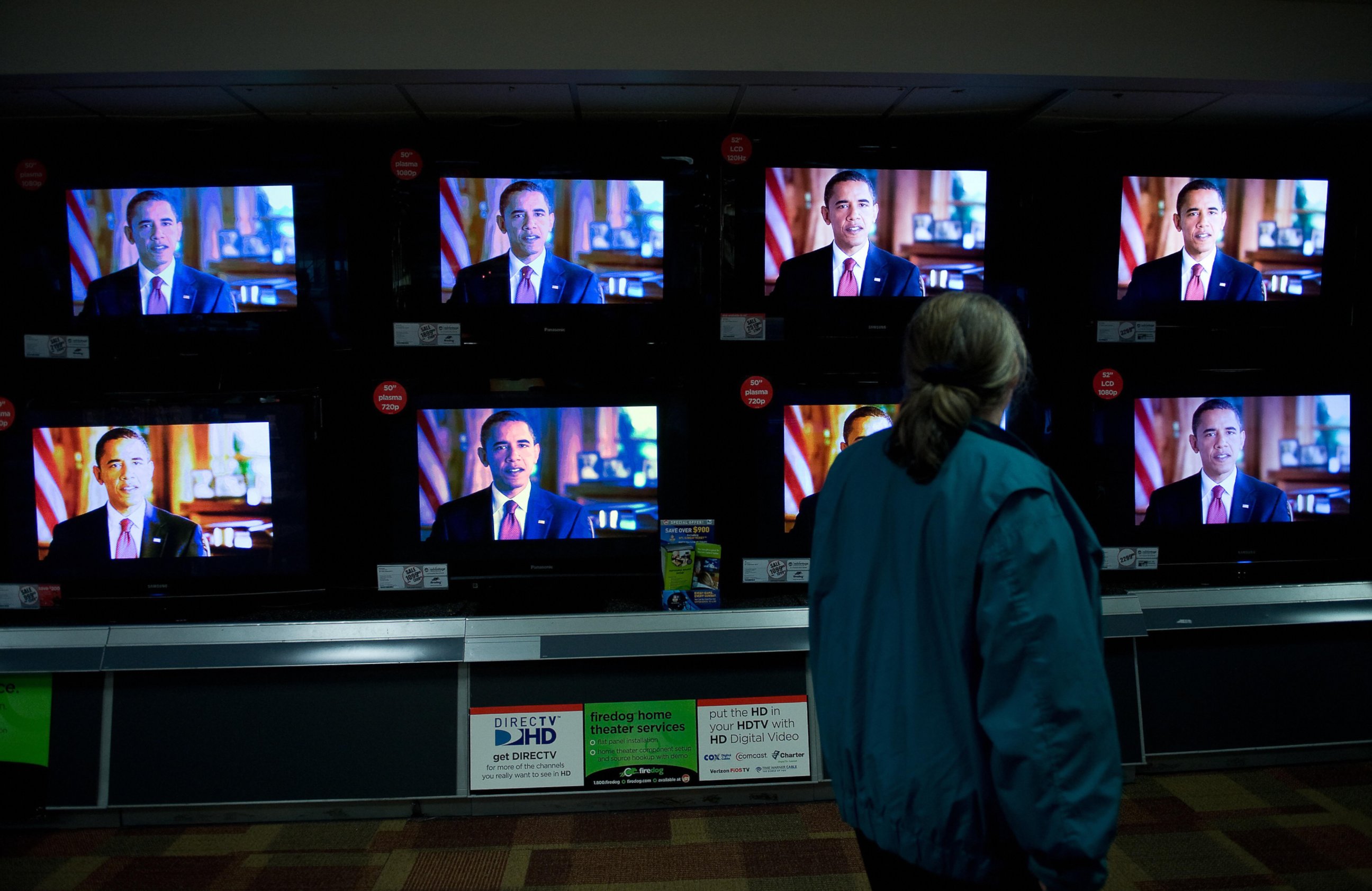How the Presidential Nominees' Pre-Election Cash Stacks up to Previous Races
Trump has the least cash-on-hand out of any nominee since 2000.
— -- Donald Trump has the least cash-on-hand going into the final 12 days of the presidential race of any candidate in the past five elections, campaign finance records show.
Even Sen. John McCain, who participated in a Saturday Night Live sketch where he pretended to raise money by selling campaign memorabilia on shopping network QVC three days before the election, had millions more than the real estate mogul.

According to Federal Election Commission (FEC) filings collected by the non-partisan Campaign Finance Institute, both of this year's presidential candidates are reaching new lows in their cash-on-hand amounts, but Trump is far lower than Clinton.
Then Sen. Obama was the first presidential nominee not to accept public funding during the general election, which meant that he was able to fundraise as much as he wanted.
While McCain opted to take the public funding -- $84 million -- instead, that meant that his fundraising options were limited by the campaign finance laws.
As a result, Obama had nearly $69 million cash-on-hand 12 days out from their election while McCain had just over $25 million in his campaign coffers.
"It just had become obvious at that point that the Obama campaign had dwarfed the public funding number," said Brendan Glavin, a data and systems manager at the Campaign Finance Institute. "They really felt that they had been sort of crushed from a fundraising standpoint."
Data collected about the last five election years of campaign finances, from pre-general reports that are submitted 12 days before the national election, shows that both Obama campaigns raised the most money out of them all.
One of the clearest examples of how much money Obama's campaign had on hand in 2008 came when they spent a reported $3 million to produce a half hour infomercial that aired on three major networks the week before the election.

His cash-on-hand figure 12 days before the election was even higher during his 2012 campaign. But Glavin attributes that to the fact that, as the incumbent President who had his party's nomination from the beginning, he did not have to spend money to fend off a challenger during the primaries.
Every other candidate since 2008 -- Obama in his second run, Mitt Romney and both Clinton and Trump this year -- has followed Obama's lead and not accepted public funding during the general election.
With the exception of Trump, they've all ended up with at least double the amount that McCain, George W. Bush, John Kerry and Al Gore -- all of whom accepted public funding -- had 12 days before the election.
For most traditional campaigns, one of the biggest benefits of accepting public funding is that they don't need to spend time off the campaign trail raising money. Instead, they accept the lump sum after the convention and use that to fund their campaign through November.
Glavin told ABC News that the differential between Trump and Clinton shows that his fundraising operation was not as successful, though timing was likely a factor.
"In the primaries, he was concentrated mostly on self-funding. But as the general election began in the beginning of the summer, he started raising money for his campaign and for the party," Glavin said. "So the expectation was that they were going to come through with a more traditional fundraising organization, but it just hasn't panned out."
"They haven't been able to raise the kind of money that you would expect of a nominee and it shows that they're behind now," he said.
One option to catch up would be to write a check to his own campaign -- which Trump has said that he plans to do.




